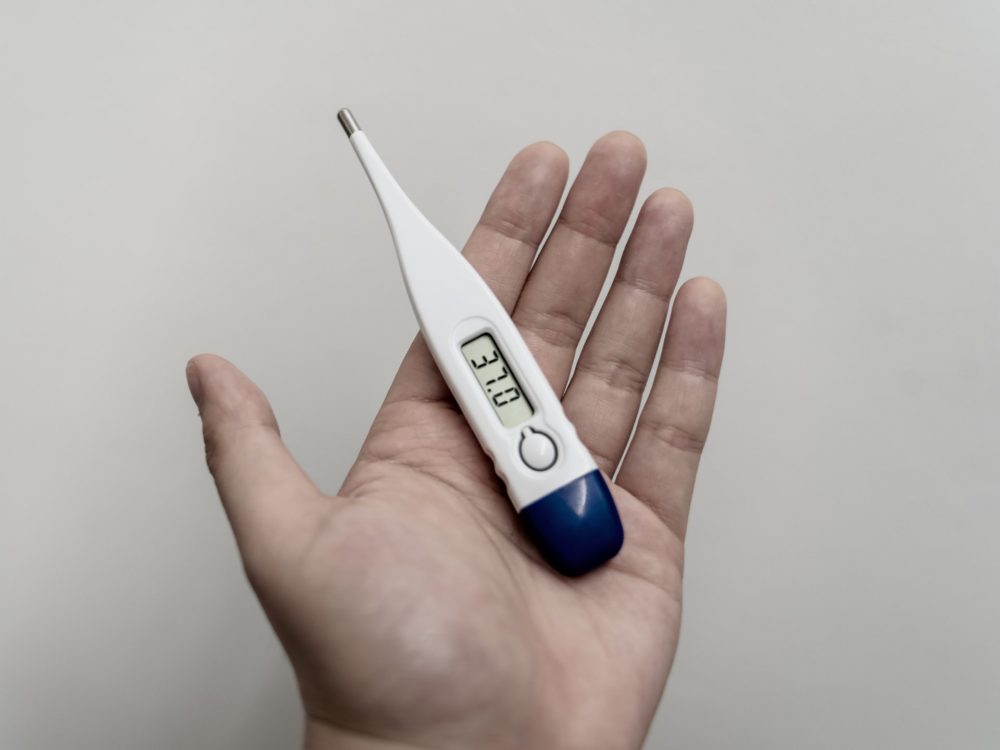Winter comes with many life challenges, some of which may affect your health. Winter cold can cause colds and flu, pneumonia, asthma attacks, seasonal depression, aching joints, and skin flare-ups. The winter cold brings on many problems, but the focus will be on skin flare-ups in this article.

What Is Rosacea?
Also known as acne rosacea, this condition presents itself with small red pus-filled bumps on the face, mainly on the nose and cheeks. It is most common in women with fair skin who are middle-aged.
These flare-ups may last for weeks or even months then go away.
Symptoms include:
- Facial redness, caused by swollen small blood vessels on the nose and cheeks.
- Little swollen, red bumps that look like acne and feel hot and tender.
- Eye problems, such as dry, irritated, swollen red eyes.
- An enlarged nose, caused by thickening of the skin on the nose due to repeated flare-ups. This symptom is more common in men.
Although there is no cure for the condition, you can manage it by identifying the triggers and following a suitable treatment plan.
Rosacea Triggers
Triggers mean those things that can cause a flare-up to occur. Any number of factors may cause flare-ups, and it could even be a combination of several of them. These include:
- Hot drinks
- Spicy foods
- Red wine and other alcoholic beverages
- Extreme temperatures
- Sunlight or wind
- Stress
- Exercise
- Medication that dilates blood vessels
- Some cosmetic products
Managing The Condition
The first phase of managing this condition is to identify what causes your flare-ups. You can do this by keeping a journal on what triggered the symptoms daily for about two weeks. This action is very important as it will help you know now what to avoid.
#1. Cover Up
When out and about in the winter, although sunlight may not be plenty, you must cover up your face beneath your eyes to protect it from the cold wind, which can be a trigger.
#2. Warm Beverages
Avoid taking your coffee or tea very hot; instead, let it cool down a little and take it warm.
#3. Tone Down on Spices
Spices are often triggers of rosacea, so try going for a milder version of your spicy food. If the flare-ups still occur, then avoid the spices altogether.
#4. Balance Your Emotions
Winter has a way of affecting your emotional health, and stress is one of the flare-ups’ causes. Try to avoid getting stressed by pursuing activities that you enjoy and calm you down.
Meditation, yoga, or even listening to some cool music are good stress relievers.
#5. Avoid Vigorous Exercises
It would help if you did not become sedentary during the winter but instead exercise to keep healthy. However, carry out mild activities as vigorous ones may trigger a flare-up.
#6. Moisturize
During the winter months, the cold air tends to dry out your skin a lot more than usual. It is important to moisturize it more to avoid any flare-ups.
#7. Use Makeup Cautiously
Not all makeup is good for everyone. If you have rosacea, it means that your skin will be more sensitive than normal and, therefore, may react to many makeup brands. To avoid a flare-up, use light makeup that is made for sensitive skin.
You can also apply an emollient on your face before applying your makeup. Avoid waterproof brands that require you to use makeup removers.
#8. Cut Down on Alcohol
Alcohol, particularly red wine, is known to cause rosacea flare-ups, so try to avoid it if you can. Consider drinking white wine instead of red or diluting your alcohol with soda or lemonade. You could also drink a tall glass of water after every alcoholic drink to dilute the alcohol content in your blood.
In Summary
You can try out all these measures to manage your flare-ups. However, rosacea does not have a cure and may also need a healthcare specialist’s intervention, depending on the severity.
It would be advisable to see a dermatologist and develop a good treatment plan that you can follow even while applying other stop-gap measures.

